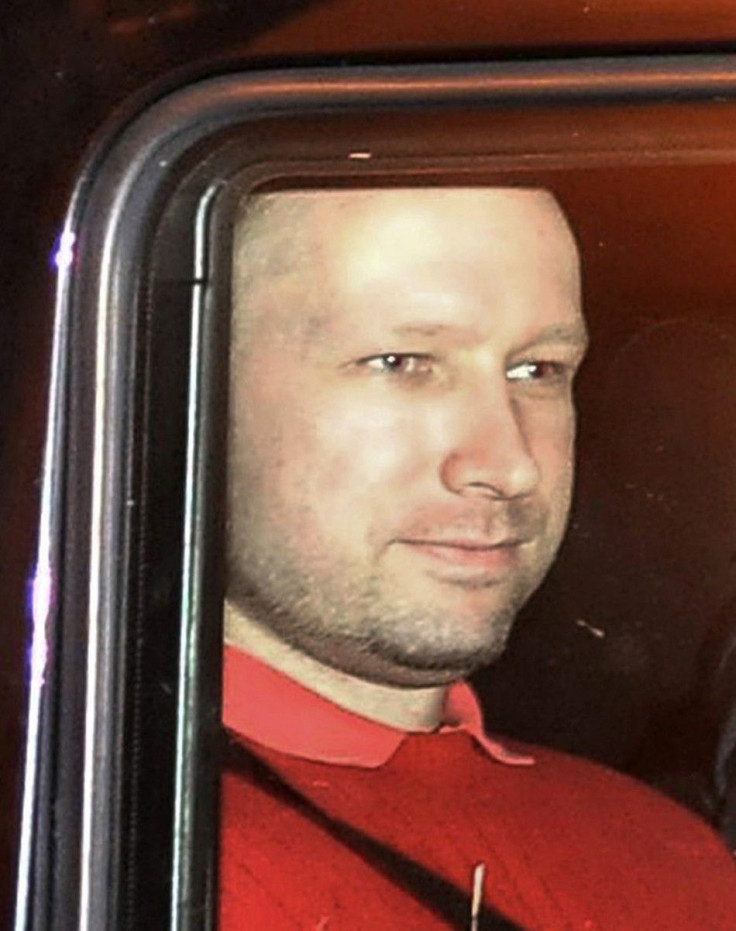Olso Killer Due Back in Court

Oslo mass killer Anders Breivik will make his second court appearance Friday as relatives of the 69 people he gunned down gather on the island where they died, ahead of a national day of remembrance.
Anders Breivik has admitted killing 77 people last month, including eight in a bombing in central Oslo.
Friday's court hearing in Oslo, about Breivik's conditions of detention, will take place behind closed doors at the request of police investigators, who say they want to avoid Breivik communicating with potential accomplices. Police have so far said they believe Breivik acted alone.
Police will ask for an extension of terms allowing them to hold Breivik in isolation. A four-week limit on solitary confinement is due to expire on Monday. Police say the isolation conditions are helping them find out just what happened.
Some 40 kilometers (25 miles) away, about 500 relatives of victims are expected to gather on the island of Utoeya to mourn and to hear from police exactly where and how they were killed.
We will show them exactly where the people were found and give them details from the forensics investigation, Ketil Haukaas, deputy director of Norway's National Investigation Service, told Reuters.
Police released the full transcript on Thursday of two phone calls Breivik made to police while he was shooting, mainly teenagers, on Utoeya.
In the first one, the killer identifies himself as a commander from the Norwegian anti-communist resistance movement and expressed his wish to surrender, before the conversation is interrupted.
In the second one, Breivik says that he wishes to surrender now that he has completed his operation.
It is acceptable to surrender to Delta, he said, referring to the armed response unit who arrested him.
Police tried to call Breivik back but he did not answer the phone. At the same time concerned relatives and people on Utoeya were making frantic calls to police to say they were being shot at. Police told them to stay calm and play dead.
Since the attacks Norwegian police have come under criticism for the way they responded to the shooting. Relatives of the victims and media reports have said the police response may have been too slow.
© Copyright Thomson Reuters {{Year}}. All rights reserved.





















